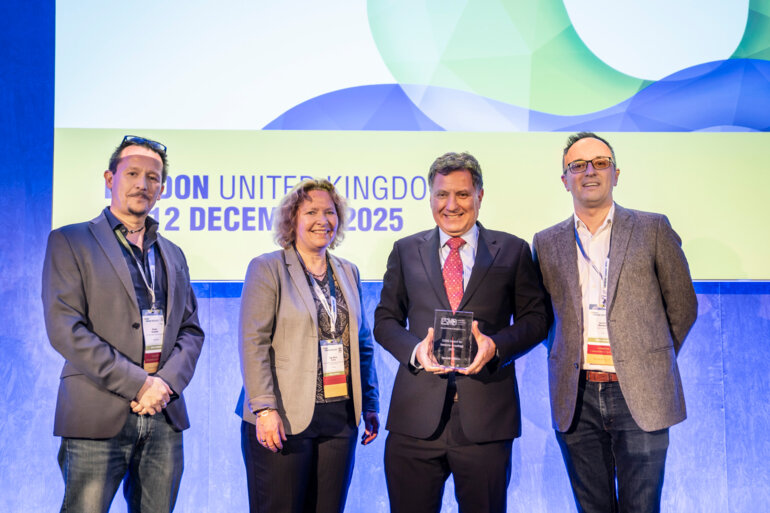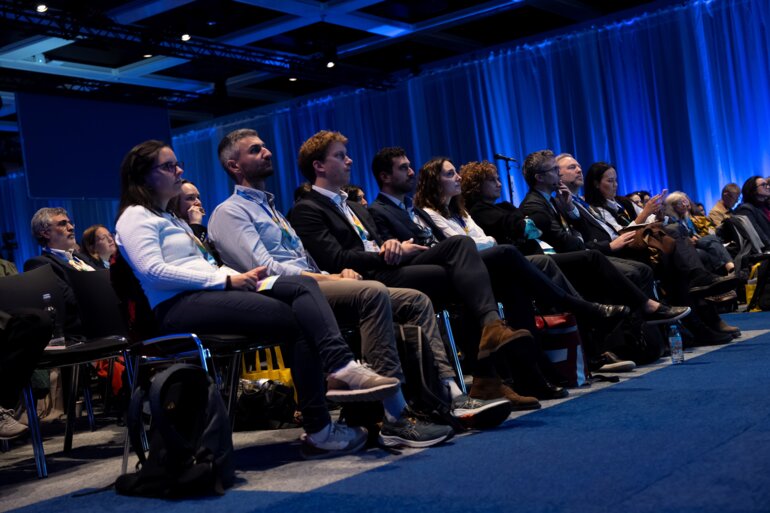Due to the current widespread use of immunotherapies and their increasing complexities, further immune-oncology education is needed in medical schools and beyond
Understanding how the immune system recognises and kills cancer cells is crucial for the interpretation of immunotherapeutic approaches and also to recognise or anticipate the possible side-effects of immunotherapies. Today, integrating lectures about the cross talk between the immune system and cancer in the core curriculum of medical studies is essential to disseminate knowledge on immunotherapies which are already accepted as standard of care and their use will only increase as cancer incidence increases worldwide.
Understanding immuno-oncology is important for all medical specialties. In the early stages of my career, I recall the first case of a patient with lung cancer undergoing therapy with immune checkpoint inhibitors who presented at the emergency room with immune-mediated pneumonitis. At that time, immunotherapy was just approved in my country and its potential side effects were overlooked due to a lack of education among healthcare professionals. In fact, that case was first interpreted as ‘tumour progression with lymphangiosis carcinomatosa or possibly of infectious origin.’ Since then, a lecture on immunotherapies for cancer became part of the medical educational programmes of the hospital, including those for emergency and intensive care residents as well as internal medicine.
For residents in oncology, it is even more important to intensify learning opportunities during their educational journey. Some preceptorships are offered by professional societies like ESMO to support young oncologists to deepen their knowledge in the field, but a more systemic approach is needed to make immuno-oncology lectures become part of the core curriculum in every country.
Staying up-to-date with the latest discoveries in the field might change the paradigm on how we treat patients with cancer at any stage of our careers. New therapeutic modalities such as bi-specific T-cell engagers or chimeric antigen receptor T-cell therapy are entering the market quickly for several tumour types, and we now need specific expertise for their application as well as the management of potential side effects in our patients.
It is our responsibility to implement immune-oncology lectures as part of the core-curriculum of physician. Participation to conferences and workshops must be integrated to create competences and guarantee safe access to modern therapies for patients with cancer.






